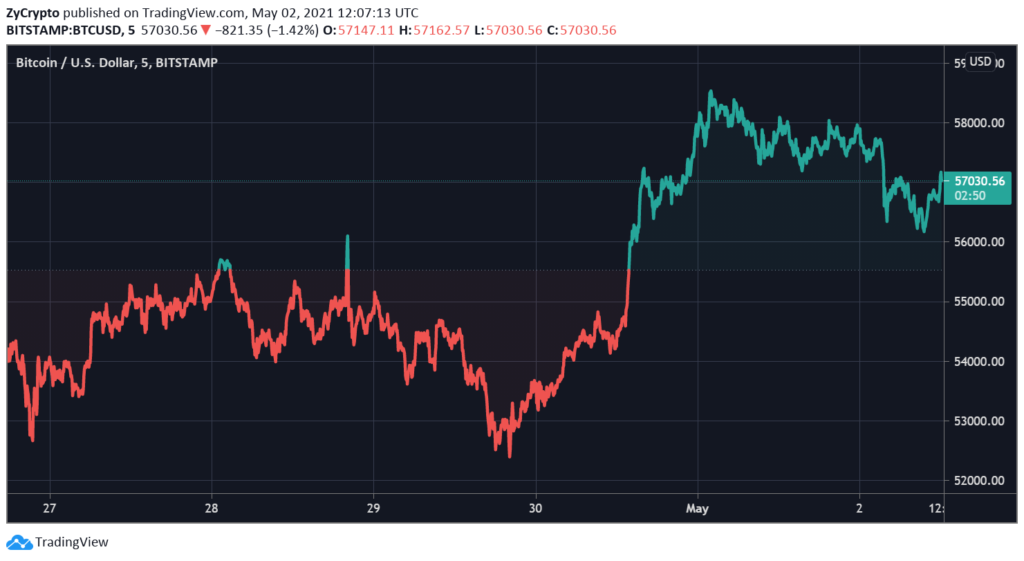When Satoshi Nakamoto published the Bitcoin whitepaper back in 2008, a significant part of his definition of Bitcoin and its function included the elimination of a middleman in the process of transacting. The whitepaper reads in part, that Bitcoin “would allow online payments to be sent directly from one party to another without going through a financial institution.”
This was part of the fundamental roles that Bitcoin would play in the financial sector in the long term, but over the years, there have been reasons to question how effectively Bitcoin has played this role, or as Journalist James Surowiecki quizzes in an article questioning Bitcoin’s use, whether Bitcoin is even playing this role at all.
Today, Bitcoin is worth over a trillion dollars, but are we achieving Satoshi Nakamoto’s dreams?
Following the 10th anniversary marking Bitcoin’s anonymous founder’s departure, Nick Saponaro, the co-founder and CIO of Divi, questioned the progression of the industry with a comment worth pondering over.
He approaches the topic of Bitcoin’s acceleration in the same critical manner that Surowiecki does, as he questioned the industry’s dependence on institutional money, and how that could take Bitcoin away from the path that Satoshi Nakamoto designed it to follow.
“You could argue that institutional investment flooding into the space, the Coinbase IPO, and big tech like PayPal and Venmo taking Crypto seriously is excellent news for an industry that’s been hungry for credibility for so long.” Saponaro asserted. “But they could also present serious risks to the decentralized mission and vision of the crypto movement.” He concludes.
Has Bitcoin lost its original purpose?
The risks that Saponaro associates with Bitcoin’s involvement with institutions go around the idea that the asset is being treated as a speculative one, whereas, its creator intended for it to at least challenge fiat currencies and act as a medium of exchange, not just a store of value.
“The crypto industry is at the forefront of financial tech innovation, but if we continue to perpetuate the investment narrative and only focus on the price going up, we could easily miss the fact that we’ve given away this great gift that’s been given to us.” – Saponaro.
The sentiment widely shared by many Bitcoin proponents is that newbies accumulate Bitcoin in hopes that the price surges and they also enjoy a piece of the pie.
Institutions also hoard Bitcoin and hope to never trade. It becomes easy to then forget what Nakamoto’s initial goal for Bitcoin was. James Surowiecki in his “the bitcoin dream is dead” article, explains why he believes that the institutional wave, coupled with many other similar factors, may have caused Bitcoin to lose its original purpose: “Like gold, Bitcoin is valuable to the extent that people think it’s valuable: You buy it because you think someone else will pay more for it in the future.”
Source: Read Full Article

